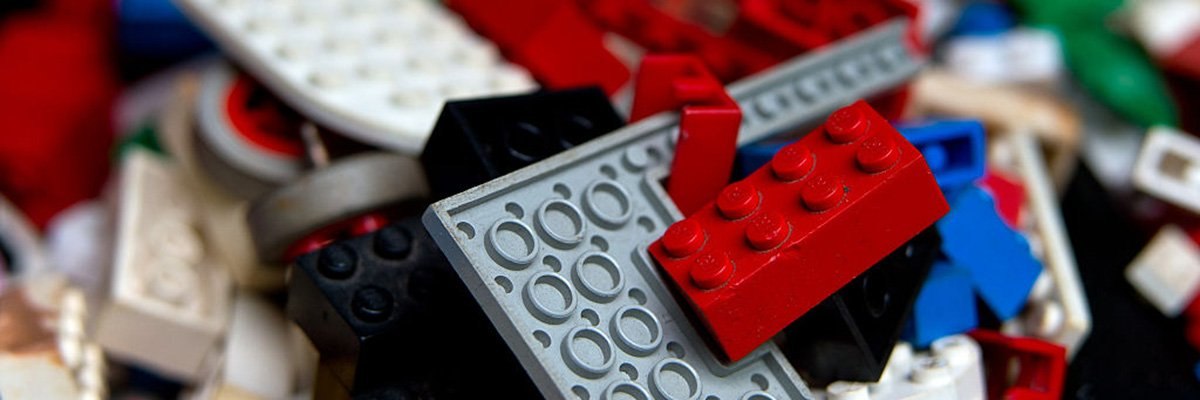
UK and US: Is Lego the perfect children’s gift?
Over the past years, gaming consoles and handheld devices have become sought-after toys for children. But Lego, the nearly 90-year-old construction toy brand from Denmark is still capturing the imagination of kids around the world.
A YouGov poll shows what gifts adults think children want versus what they’d prefer to give them, and toys like Lego score high on both counts compared with other toy categories, likely because many adults think building toys – like Lego, K’Nex and Mega Blocks are good for fostering creativity and motor skills. Adult consumers tend to prefer giving children gifts they perceive as being more educational and creative, such as construction toys and books.
UK
Two in five adults would prefer to give construction toys as gifts to kids (39%), and a quarter of adults think kids would enjoy getting this type of gift (29%).
>
Construction toys beat out video/console games in both respects. Roughly a quarter of Brits say they think kids would enjoy getting a new video game (27%), but very few would prefer to give one (3%).
A large gulf between the two figures also emerges when looking at mobile phone games and apps. Poll data shows 13% of adults believe children would enjoy getting such a gift, but virtually no adult would prefer to give one (0%).
Meanwhile, somewhat large differences appear in other toy categories. Our data shows 9% of Brits would prefer to give learning toys, but only 2% think kids would want to receive them; and 13% would most prefer to give books, but only 1% think kids want to get them.
No dramatic change is seen when looking at parents – or grandparents – of children.
US
In the United States, similar patterns present themselves; however video games top the list of toys adults think kids would most enjoy getting (35%) but only 8% of Americans however would prefer to wrap up a game and give it to a child.
Topping the list of toys Americans would prefer to give is again construction creativity (21%), just as it is in the UK - and nearly as many feel kids would like to get it (18%), marking a smaller gap between the two figures compared with the UK.
As is the case in the UK, many Americans think kids would want mobile phone games as a gift (17%), but few actually want to give one (2%).
As kids' leisure continues to migrate to the digital world, Lego has not only stayed relevant, but has substantially grown, thanks to an ever-expanding list of partnerships designed to reach as many audience groups as possible. The Lego brand has also been used in successful video game franchises as leverage to boost sales in its core physical toy business. Remaining culturally relevant over generations has helped the brand do battle in the digital age.
Receive monthly topical insights about the Leisure and entertainment industry, straight to your inbox. Sign up today.
Discover more leisure and entertainment content here
Want to run your own research? Start building a survey now
Methodology: YouGov polled 1,000 US adults online on January 17, 2022 between 10:18 a.m. and 4:52 p.m. ET. The survey was carried out through YouGov Direct. Data is weighted by age, gender, education level, political affiliation, and ethnicity. Results are nationally representative of adults in the United States. The margin of error is 3.1% for the overall sample. Learn more about YouGov Direct.
YouGov polled 1,000 British adults online on January 17, 2022 between 3:19 p.m. and 7:32 p.m. BST. The survey was carried out through YouGov Direct. Data is weighted by age, gender, education level, region, and social grade. Results are nationally representative of adults in Great Britain. The margin of error is 3.1% for the overall sample. Learn more about YouGov Direct.